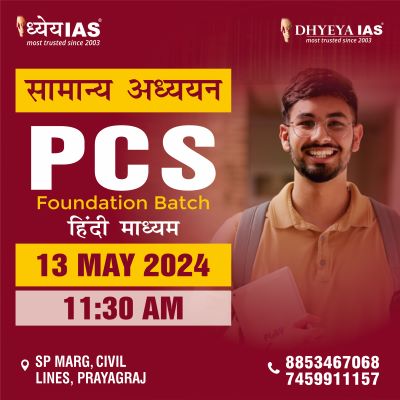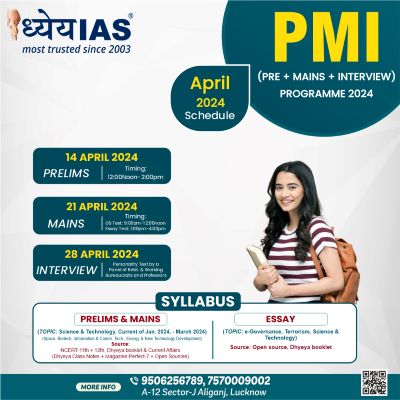Current Affairs Brain Booster for UPSC & State PCS Examination
Topic: Educational Freedom in India

Why in News?
- Global Public Policy Institute has released, Academic Freedom Indexwhich has ranked India very low in educational freedom.
- The key disappointment the index has highlighted is that the real problem plaguing the educational system in the country and the higher education system, the erosion of academic freedom.
Academic Freedom Index (AFI)
- The index proposes a score for each country to help determine the level of academic freedom its universities and academic centres really enjoy, and which the researchers behind the idea say could be used to understand a university’s attractiveness in addition to its infrastructure, research output, etc.
- Specifically, the index and accompanying report try to quantify the freedom of university scholars to debate politically and culturally controversial topics without fearing for their safety or studies, and without any external influence on the institutions’ affairs, based on a combination of factual data and the assessments of 1,800 academicians worldwide.
- The authors, affiliated with the Global Public Policy Institute, the Friedrich-Alexander- Universität (FAU) Erlangen-Nürnberg, the Scholars At Risk Network and the V-Dem Project at the University of Gothenburg, have thus prepared what they call an academic freedom index (AFI). The index has a maximum value of 1.
- The AFI has cited the ‘Free to Think: Report of the Scholars at Risk Academic Freedom Monitoring Project’, to suggest that the political tensions in India may have something to do with declining ‘academic freedom’.
Key Highlights of the Index
- India has scored considerably low in the international Academic Freedom Index (AFI) with a score of 0.352, which is closely followed by Saudi Arabia (0.278) and Libya (0.238).
- In the last five years, the AFI of India has dipped by 0.1 points.
- Surprisingly, countries like Malaysia (0.582), Pakistan (0.554), Brazil (0.466), Somalia (0.436) and Ukraine (0.422) have scored better than India.
- Uruguay and Portugal top the AFI, with scores of 0.971 each, followed closely by Latvia (0.964) and Germany (0.960).
- This index has mainly taken into highlight the controversial issues and highlights and has not covered any other area regarding research quality and relevance.
AFI Components for Evaluation
- The AFI has eight components. Three are based on factual data and the remaining five are ‘expert-coded’: they’re based on the 1,810 scholars’ assessments “integrated in a Bayesian measurement model”. The components are:
- Freedom to research and teach
- Freedom of academic exchange and dissemination
- Institutional autonomy
- Campus integrity
- Freedom of academic and cultural expression
- Constitutional protection of academic freedom
- International legal commitment to academic freedom under the the International Covenant on Economic, Social and Cultural Rights
- Existence of universities
- The answers to questions pertaining to the first five considerations is a degree. For example, the options for the first question are ‘completely restricted’, ‘severely restricted’, ‘moderately restricted, ‘mostly free’ and ‘fully free’.
Rent-seeking Culture
- Most universities in the country are subjected to unsolicited interference from governments in both academic and non-academic issues.
- It is common knowledge by now that a majority of appointments, especially to top-ranking posts like that of vicechancellors, pro vice-chancellors and registrars, have been highly politicised.
- Such political appointments not only choke academic and creative freedom, but also lead to corrupt practices, including those in licensing and accreditation, thus promoting unhealthy favouritism and nepotism in staff appointments and student admissions. This reflects a ‘rentseeking culture’ within the academic community.
- At present, many educational institutions and regulatory bodies, both at the Central and State levels, are headed by bureaucrats. However, the NEP 2020 aims to de-bureaucratise the education system by giving governance powers to academicians. It also talks about giving autonomy to higher education institutions by handing over their administration to a board comprising academicians. This may help de-bureaucratise the education system and reduce political interference to an extent.






















